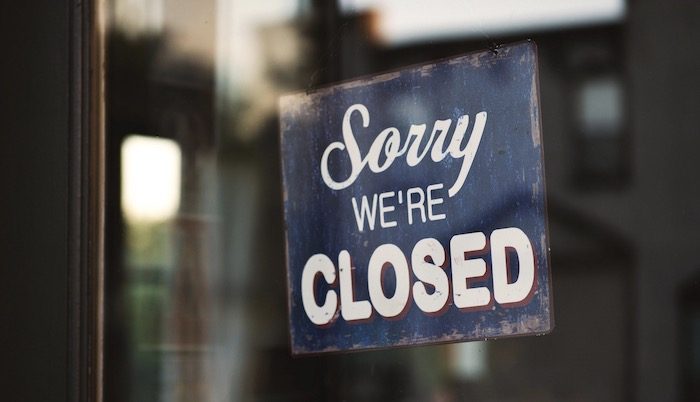
Over the course of the last two decades we have been told that we needed to become more resilient. The promise of security was no longer tenable. The world had become too complex to manage. Threats — from floods to terrorism to financial crises — were too unpredictable to foresee in advance. Resilience was a necessity because dangers could no longer be predicted and prevented. Instead, we needed to ensure that, when (not if) crises occurred, we, as a society, could ‘bounce-back’ quickly and efficiently to normal.
To its critics, resilience meant an abdication of the state’s duty to provide security, an offloading of responsibilities from the state onto individuals and organizations, and a neoliberalization of security. Individuals, organizations and businesses were to be responsibilized to prepare and potentially respond to risks themselves. Leaders were encouraged to discard top-down models of command and control, devolve decision-making and harness self-organization from the bottom-up.
NGOs and International Organizations pushed the resilience agenda onto developing nations as a precondition for security and development. As the discourse of resilience became linked to an ever-expanding range of contemporary problems — from food security to the opioid crisis to climate change to overparenting — a veritable industry was established in providing resilience-measurement tools, designing resilience contingency plans, delivering resilience training, and marketing resilience solutions. In (what we were told) was an exceptionally dangerous and uncertain world, resilience promised to provide a modicum of certainty and security: that we could simply bounce-back to normality.
What the COVID-19 catastrophe has made abundantly clear is that we were never really resilient. For all the talk of ‘building resilience’, for all the policies devised to advance this new agenda, for all the money invested in the design of ‘resilience solutions’, the current crisis revealed in spectacular fashion just how fragile, rigid and vulnerable our societies had become.
Today, the health systems we are relying on are stretched beyond capacity after years of underfunding and neglect. The just-in-time supply lines, through which we have organized ourselves economically, are failing to deliver the most essential goods – including groceries, PPE, and health equipment (such as test kits and ventilators). The government is (once again) being asked to step in to direct manage and provide relief for entire sectors of the economy that are unable to simply bounce-back or locate a new normal.
It’s not that we had not yet become resilient enough. It’s that years of neoliberalism have sapped our resilience, leaving the very systems we rely on to support life in the 21st century completely incapable of responding to a major disruption. In focusing on ‘innovative’ solutions, the resilience agenda completely failed to address longstanding problems within our societies leading to knock-on effects which amplify the severity of the crisis. In the developing world, inequities of access to resources, persistent problems of national indebtedness, corruption and clientelism, oligopolistic global market structures and the starkly uneven legacies of structural adjustment undermine the capacity for robust state responses.
The sense of ‘security’ fostered by the ubiquity of claims to resilience has been shattered by COVID-19. We were never resilient. In the wake of this tragedy, we will need to account for the failure of resilience to live up to its promise. This means addressing the myriad failures of systems we rely upon to support our way of life to respond, in a resilient fashion, to COVID-19. To simply restore a ‘normality’ based on precarious supply chains, underfunded public services, political marginalisation, and economic precarity would be a terrible disservice to all those who lost their lives and their livelihoods over the course of this disaster.
True resilience cannot be provided on the cheap. Neoliberalism has (once again) proven it cannot deliver resilience. Instead, it has been directly responsible for eroding our resilience and endangering us. We cannot simply return to ‘normal’ if this means allowing neoliberalism to bounce-back. Instead, what is required is the cultivation of a new ‘normal’— one in which resilience is decoupled from neoliberal agendas of growth and greed, and refocused on rebuilding sustainable systems that reduce the likelihood of crises (large and small) occurring, address social and economic stressors which exacerbate these events, and provide adequate social security when do occur.
Our ability to respond to future events will be dependent on how we bounce-back from this one. We may still prove resilient yet.
Further Reading on E-International Relations
- Coronavirus and the End of Resilience
- Coronavirus, Resilience and the Limits of Rationalist Universalism
- Opinion – Multilateralism as Panacea for COVID-19
- The United Nations’ COVID-19 Dilemmas: Towards a Budgetary Crisis?
- Opinion – Nationalism and Trump’s Response to Covid-19
- Opinion – COVID-19: Human Dignity Under Siege Amidst Multiple Crises